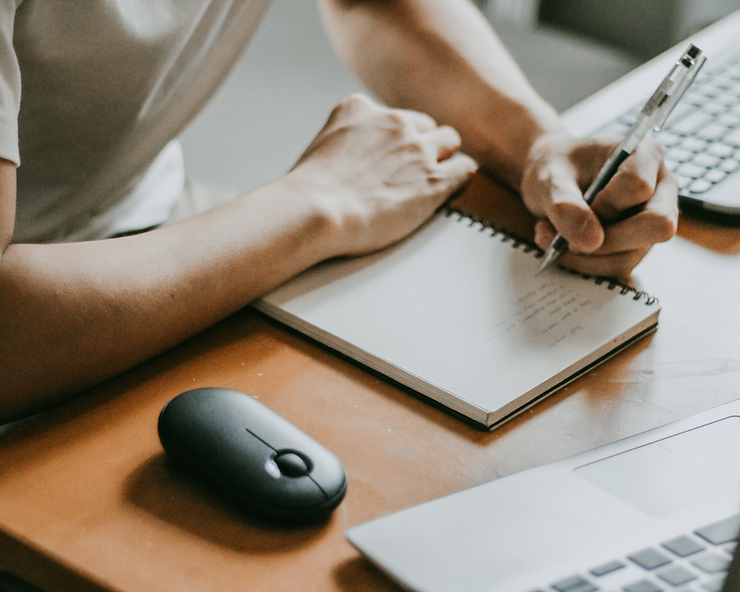4 Helpful Tips for Effective Studying

Introduction
We all know that studying is a necessity for passing exams, but it can be difficult to get started. Here are some tips to help you study effectively:
Making Learning a Necessity
When you make studying a necessity, it gives you a reason to stick with the study process. Ensure that studying is at the top of your priority list so that it becomes more than just an option and becomes something you must do.
This sense of urgency will help keep you on track when things get busy or stressful.
Understanding why we need to study something is important because it makes us want it more, helping us stay motivated throughout the process.
Study in a Preferred Place
- Study in a place you like, where you feel comfortable and relaxed.
- If you are distracted by noise or other people, find a quieter place to study.
- If you have a special study space, use it.
- Use earplugs if necessary (though this may be an indication that the environment itself is too distracting).

Setting Learning Targets
Setting learning targets is one of the most important steps in planning effective study sessions. To do it right, you need to consider these four elements:
- Your goal should be specific – “Learn Spanish” is a broad objective that can mean different things to different people. Instead, aim for something like “learn all the numbers in Spanish.” This will help keep your focus on the task at hand and prevent you from getting distracted by other things.
- It should be realistic – If you’re a beginner with no knowledge of Spanish at all, then an ambitious target like becoming fluent in three months’ time is probably not going to work out so well for you! A more appropriate target may be something more achievable like learning enough conversational phrases within six weeks’ time (which has been proven effective by researchers).
- It must have measurable components – Both when setting up your plan and when evaluating its effectiveness later on down the road. There should be clear benchmarks against which progress can be determined objectively rather than subjectively based only upon what someone else might think happened during their own experiences prior to or since yours began. For example, you might decide beforehand how many words per day or week would constitute success; then later on during review periods check back against those same numbers
Create Exam Practice
The more practice you have, the better you’ll do on the actual test. One way to do this is to create your own exams from multiple choice questions, short answer questions, and essay prompts.
Ideally, use exams from past years that were given in class as a guide for how long each question should take and what type of material it covers so that your exam reflects real-life testing conditions as closely as possible.
Flashcards are great for reinforcing information learned in class or reading assignments by having students write down key facts on one side of an index card or piece of paper, then flip them over and see if they can identify these same facts when they read them again on the other side of their cards.
If you don’t have any physical flashcards handy but want to try using them anyway (they’re not exactly eco-friendly), Google Docs allows users without account access to its database through a web browser, so there’s no need for additional tools!

Conclusion
These are just a few tips for effective studying.
Remember that each person has their own learning style, so it’s important to find what works best for you.
The most important thing is finding what makes studying fun so that you don’t get bored or discouraged by all the work required of you.

